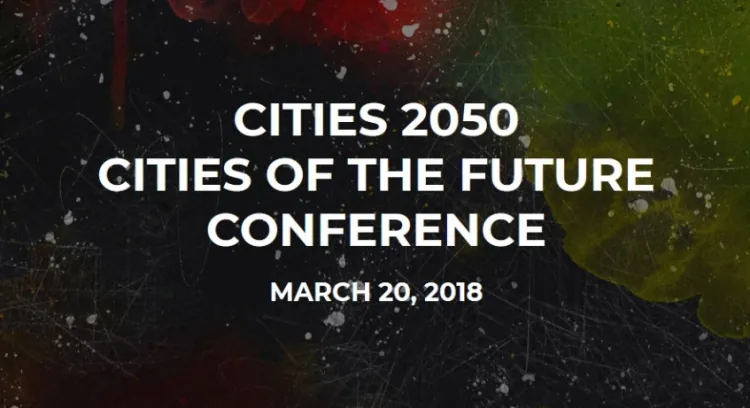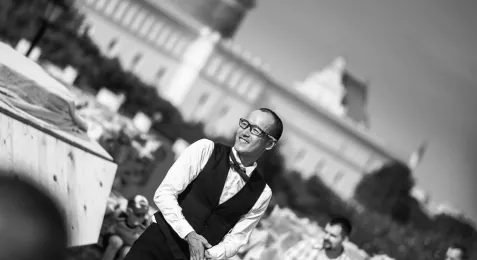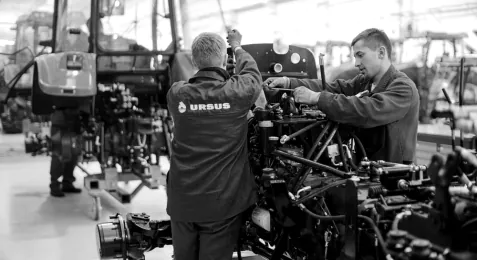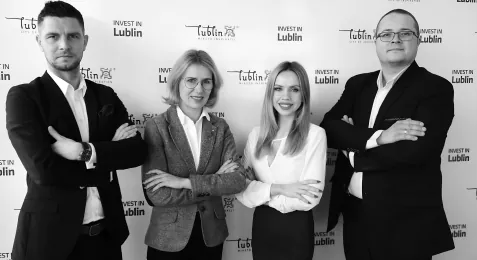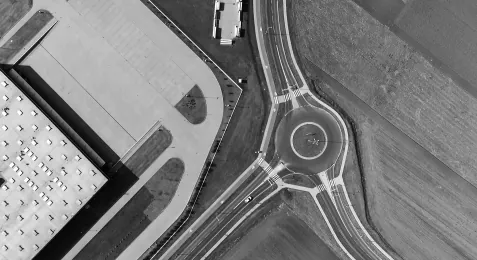Lublin Info Centre
Conference on the Cities of the Future
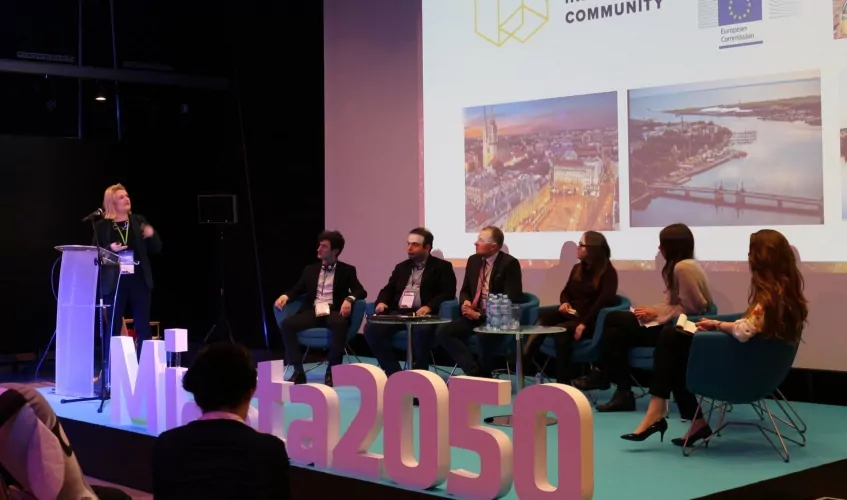
A year has passed since the Lublin 2050 Foresight project was launched in March 2017. Foresight is a kind of forecasting, “looking into the future”. However, it does not serve to predict the future. Its task is to create possible scenarios of events. A method of researching the future created by the military and later developed by the private sector is widely used in public administration around the world. The long-term goal of foresight is to prepare the city and its inhabitants for the upcoming changes. It is achieved by developing probable scenarios for the city’s development together with the inhabitants. An additional objective is to strengthen intersectoral relations and cooperation, which is a crucial element of the sustainable development of the city.
The great socialisation of the process characterises Urban foresight. Therefore, it was important to involve the inhabitants and to take their voices into account at every stage of the project. The city is made up of people, so it is essential to look at it through the eyes of its stakeholders. They are the actual addressees of the project. Hence, we wanted them to feel co-authors of the developed solutions and ideas.
The result of the research carried out in the city is the Lublin 2050 Foresight Report, which is a summary of eleven months of work focused on getting to know Lublin – its inhabitants and stakeholders. It is a collection of information about trends that may influence, directly and indirectly, the shape of our city in 2050. It also contains the results of social research conducted in the city, which may bring closer the moods, hopes, and fears of Lublin inhabitants and others operating in the Lublin area. From the collected information, four scenarios of the city’s development until 2050 were presented: Open Mind, Digital Senior, Analogue Diversity, Closed Gate. Also, there are three narratives written by the young people. These scenarios will serve as a basis for developing recommendations for the city in the area of socio-economic and spatial development for the coming years.
The Cities 2050 Conference was composed of three panels, each of which dealt with the subject of innovative thinking about urban development planning and management changes. The panellists were practitioners from Poland and abroad, specialising in urban innovation, the creation of innovative networks of cities, and new methods of city management and techniques that can improve the quality of the process. The experiences of other cities in the field of urban foresight were also discussed. The Cities 2050 Conference summarised the Lublin 2050 Foresight project, but it could be considered as opening a new stage of development of Lublin. The implemented plan and its results will constitute an essential contribution to the Lublin 2030 Strategy, on which work will begin soon.
